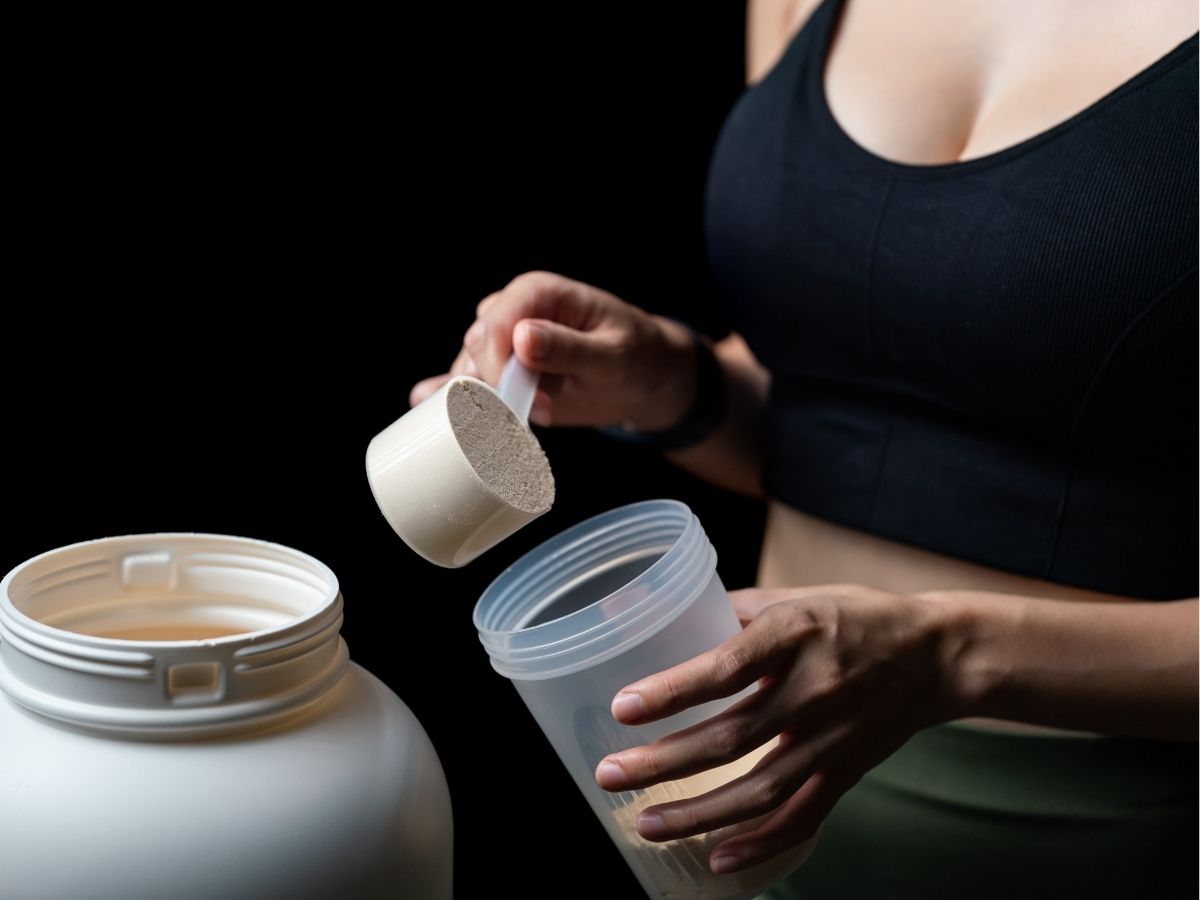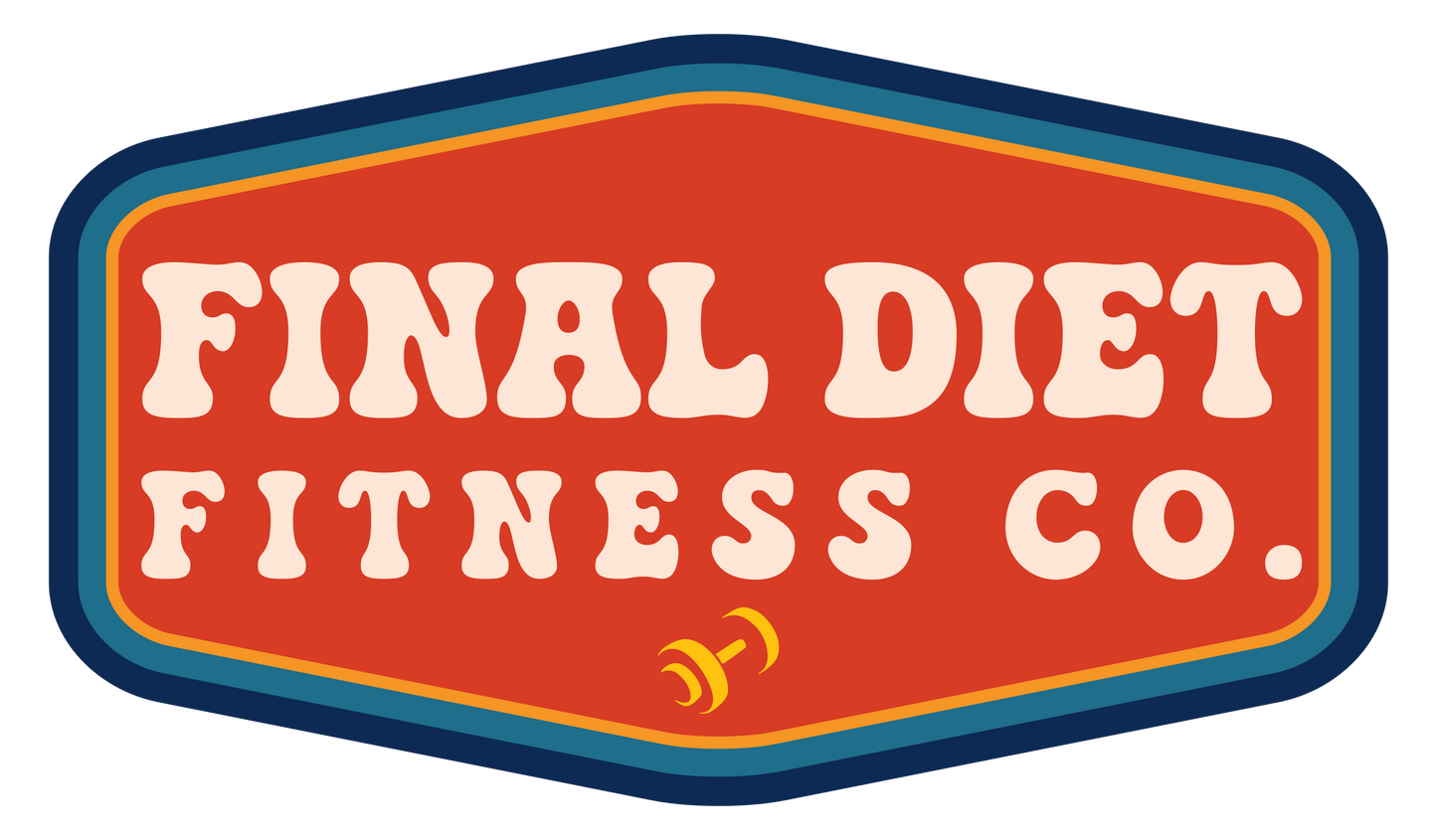
TL;DR (Quick Answer)
- Base your protein needs on your ideal body weight (what you’d weigh at a healthy, lean size for your height).
- General health & fitness: 0.6–0.8 g protein per pound of ideal body weight.
- Muscle & strength goals: 0.8–1.0 g/lb of ideal body weight.
- Fat loss (keep muscle): ~1.0 g/lb of ideal body weight.
- Older adults (60+): 0.6–0.7 g/lb of ideal body weight.
- Spread protein across meals (25–40 g each).
- Safe for healthy kidneys and bones.
Why protein matters
Protein is the foundation for muscles, hormones, enzymes, and your immune system. It helps you:
- Recover after workouts
- Stay full between meals
- Maintain muscle as you age
- Support healthy weight loss
The official minimum (0.36 g/lb, or 0.8 g/kg) prevents deficiency — but that’s not the same as thriving. Research shows higher intakes help with strength, body composition, and long-term health.
How much protein do you need?
1) General adults who exercise a few times per week
- 0.6–0.8 g per pound of ideal body weight
- Example: If your healthy weight is 150 lbs → 90–120 g protein per day.
2) Muscle & strength focus
- 0.8–1.0 g per pound of ideal body weight
- Example: Ideal body weight 180 lbs → 145–180 g protein per day. This is where studies show muscle growth and strength gains plateau. Going much higher isn’t harmful, but you don’t need it.
3) Fat loss (keep muscle in a calorie deficit)
- ~1.0 g per pound of ideal body weight
- Example: Ideal body weight 160 lbs → ~160 g per day. This helps protect muscle, manage hunger, and burn more calories while dieting.
4) Older adults (≈60+)
- 0.6–0.7 g per pound of ideal body weight
- Example: Healthy weight 140 lbs → 85–100 g per day. Protein plus resistance training helps fight age-related muscle loss (sarcopenia).
5) Endurance athletes (runners, cyclists, etc.)
- 0.6–0.9 g per pound of ideal body weight
- Example: Ideal body weight 170 lbs → 100–150 g per day. Extra protein supports recovery and keeps endurance training from breaking down muscle.
Protein per meal
Your body can only use so much protein at once for muscle repair. The sweet spot is 25–40 g per meal.
Aim for 3–5 meals/snacks each with protein. Example:
- Breakfast: 30 g (eggs + Greek yogurt)
- Lunch: 35 g (chicken + rice)
- Dinner: 40 g (lean beef + beans)
- Snack: 30 g (protein shake or cottage cheese)
Is protein safe?
- Kidneys: High protein is safe if your kidneys are healthy. Only those with diagnosed kidney disease need restrictions.
- Bones: Protein doesn’t “leach” calcium — in fact, with enough calcium and vitamin D, it may improve bone strength.
Quick food guide (≈25–30 g protein)
- 4 oz cooked chicken, turkey, or lean beef
- 5 oz salmon or other fish
- 1 scoop whey protein powder
- 1 cup Greek yogurt
- 1 block firm tofu or 1 cup lentils with rice
Key takeaway
Think in terms of ideal body weight — not your current weight if you’re overweight.
- Most people: 0.6–0.8 g/lb
- Building muscle or dieting: 0.8–1.0 g/lb
- Older adults: 0.6–0.7 g/lb
Spread it through the day, focus on real food first, use shakes as backup, and stay consistent.
References
- Institute of Medicine. Dietary Reference Intakes for Protein. National Academies Press, 2005.
- Phillips SM, Van Loon LJ. Dietary protein for athletes: from requirements to optimum adaptation. J Sports Sci. 2011;29 Suppl 1:S29-38.
- Morton RW, et al. A systematic review/meta-analysis of protein supplementation and resistance training. Br J Sports Med. 2018;52:376-384.
- Schoenfeld BJ, Aragon AA. How much protein can the body use in a single meal? J Int Soc Sports Nutr. 2018;15:10.
- Helms ER, et al. Protein intake for retaining muscle during fat loss in athletes. Int J Sport Nutr Exerc Metab. 2014;24(2):127-138.
- Bauer J, et al. Evidence-based recommendations for optimal protein intake in older people. J Am Med Dir Assoc. 2013;14(8):542-559.
- Thomas DT, Erdman KA, Burke LM. Nutrition and Athletic Performance (Joint ACSM/AND Position). Med Sci Sports Exerc. 2016;48(3):543-568.
- Poortmans JR, Dellalieux O. Do regular high protein diets have potential health risks on kidney function in athletes? Int J Sport Nutr Exerc Metab. 2000;10(1):28-38.
- Darling AL, et al. Dietary protein and bone health: systematic review/meta-analysis. Am J Clin Nutr. 2009;90(6):1674-1692.
